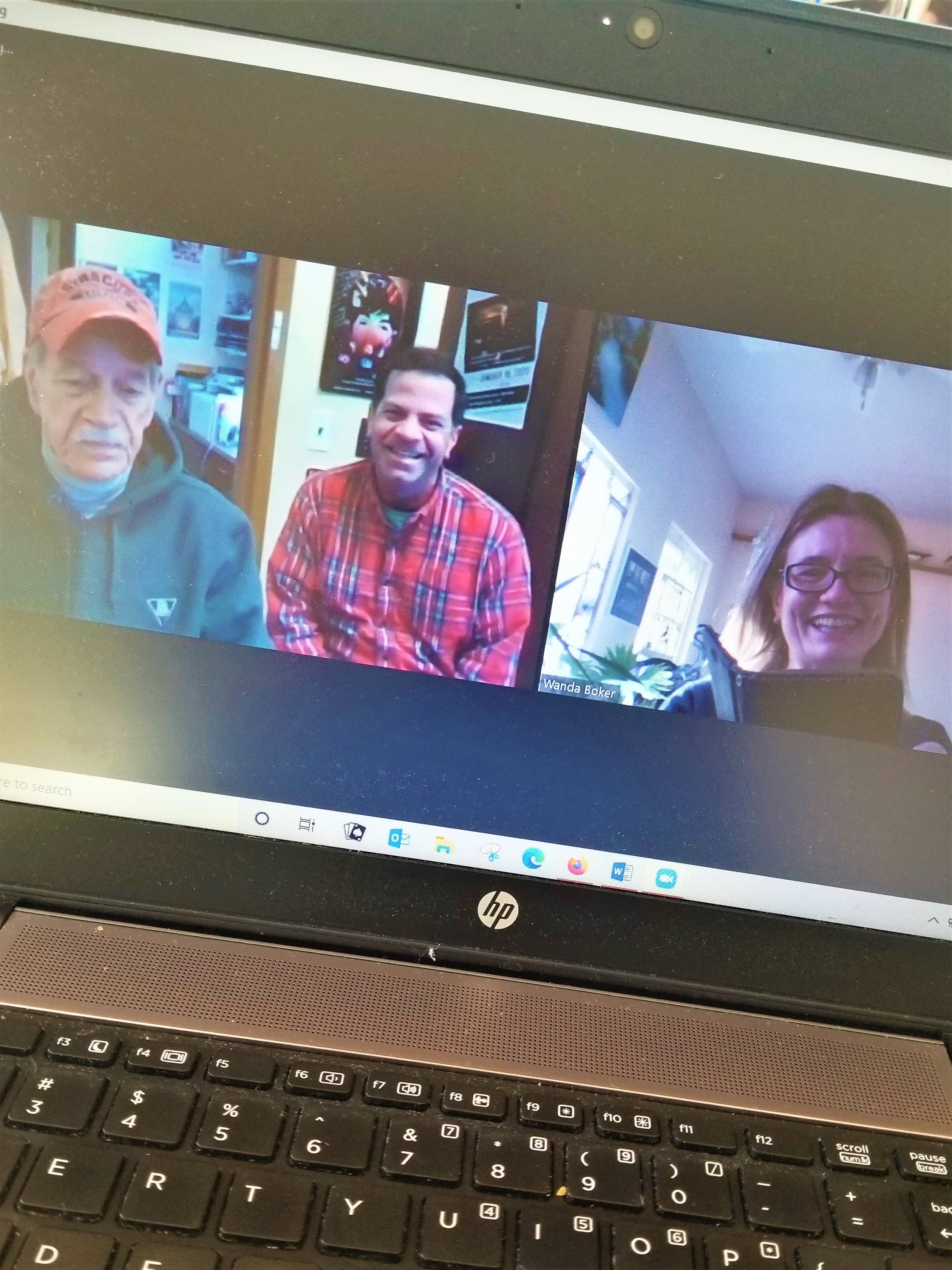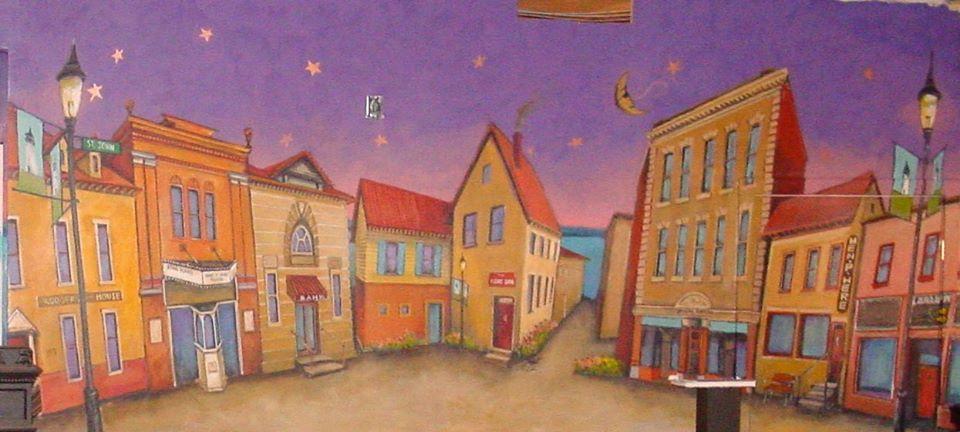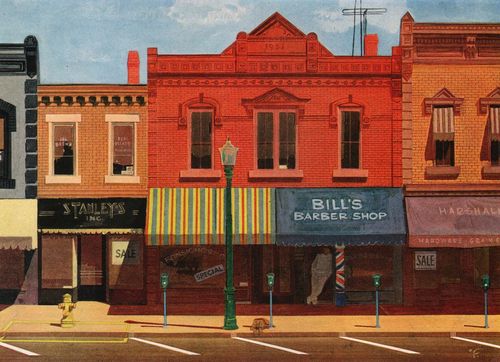People who live in Small Towns for all or most of their lives
learn a special skill about getting along which I for one hadn’t even thought about before I moved to a small town. Small-townees are born in the same hospital, go through grade-school together and know each other as neighbors, colleagues or family-by-marriage for their entire lives. Sometimes they marry people who they’ve known since childhood, and if they divorce they may move a few blocks from each other (not the 7500 miles crossing an ocean and two continents that my parents chose).
I started thinking about how this skill of getting along with people who will always be in their lives to some degree could help Americans at large start to unify our polarized country. Because we do actually have the capacity, small towns around the country prove it to us, to stay neighborly with each other despite our differences.
Two Generations of Engagement, Agency and Relationships
In this podcast I speak with George and Tyler Buck, father and son, both born in the lovely town of Havre de Grace MD, population about 14,000. George was born and raised here, and besides his college years, hasn’t left. Tyler spent most of his childhood in Baltimore, with weekend visits with his father in Havre de Grace, and decided to live here as an adult. I tried to tease out of them their secrets for getting along with people, despite disagreements, and putting community and relationships first, regardless of politics. We laughed a lot, I loved listening to George reminiscence with unwavering love and pride for his town and his neighbors, and in the end I felt hopeful that, maybe, we are capable of finding a more peaceful path for ourselves as a country.

The importance of engagement, agency, and relationships came through to me as I spoke with George and Tyler. In a small town engagement feels easier – everyone I know volunteers for something. My husband meets a group called the Havre de Grace C.A.T. Club (Citizens Against Trash) on Saturday mornings to pick up trash around town (and, of course, indulge in a decadent sausage bacon egg biscuit from a local coffee shop), and we’re both on boards or committees for local museums/organizations. Agency is obvious when the community is small – showing up at a council meeting isn’t a big deal when City Hall is five blocks away and you’re on a first name basis with council members. Building relationships that are strong enough to withstand conflict isn’t always easy but if you have your whole life to work on it, chances for success seem higher. The point is that while it may be more convenient to realize engagement, agency and relationships on a small scale it’s not impossible to participate in the community in New York, Chicago, LA , Austin or any other metropolis, it just requires some effort and a shift in perspective. The perspective of George and Tyler Buck is easy-going, joyful and encouraging. Take a listen!



Wonderful!! Very well done
Thank you so much Mr.Boker!
I haven’t had a chance to listen yet but liked what you wrote. The long standing relationship building through disagreements is where I’m seeing our biggest issue in our town half your size.
Absolutely Jen Rockport is the perfect example of lifelong, multi generational relationships…and pride in community strong enough to keep people talking with each other!
You are onto something here, Wanda.
In contrast, major city environments too often invite anonymity, create a sense of personal invisibility, and psychologically crush individual agency with often impenetrable, impersonal government bureaucracy.
I am a big city survivor (Detroit, Atlanta, Philadelphia, New York City). But a decided small town, smaller city admirer — currently a proud citizen of Havre de Grace, MD. Cheers!
We are reminded, too, that Aristotle (c. 350 BC) claimed a city-state of 10,000 was just about the ideal size for the exercise of responsible citizenship. But what did he know?
Thank you so much for your comment Paul, and for that wonderful piece of wisdom from Aristotle!
Love the variety you’ve captured in your blog and podcasts.
Thank you so much Irm, that means a lot to me – I enjoy it immensely and I hope that the topics strike a chord or inspiration with readers too!
Loved this blog. Small towns make it hard to be anonymous and fister accountability, thanks!
Thank you Deb!